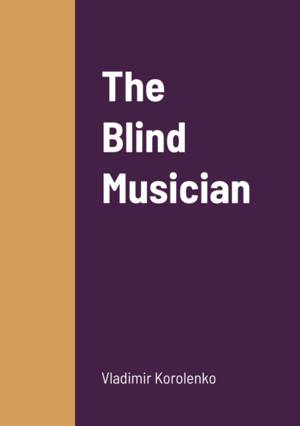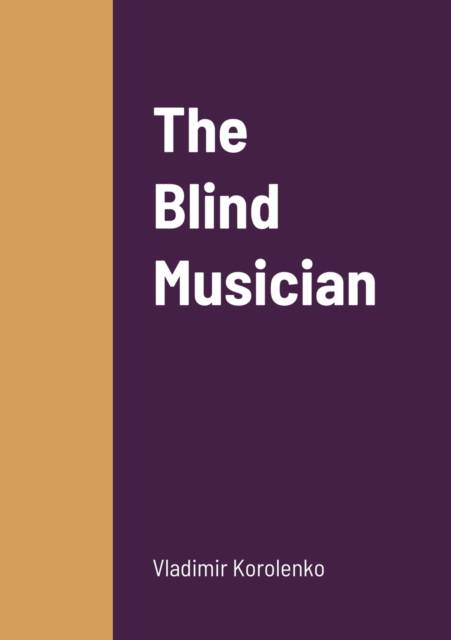
- Retrait gratuit dans votre magasin Club
- 7.000.000 titres dans notre catalogue
- Payer en toute sécurité
- Toujours un magasin près de chez vous
- Retrait gratuit dans votre magasin Club
- 7.000.0000 titres dans notre catalogue
- Payer en toute sécurité
- Toujours un magasin près de chez vous
Description
The Blind Musician By Vladimir KorolenkoThe Blind Musician is an 1886 novel by Vladimir Korolenko. Originally serialised in 2 February-13 April of that year by Russkiye Vedomosti, it then appeared in a considerably altered version in the July 1886 issue of Russkaya Mysl and a year later came out as a separate edition, again revised by the author. Korolenko stopped editing the text only after the book's sixth edition came out in 1898.Arguably his most acclaimed and best-known work, The Blind Musician caused controversy in its time and was subjected to severe criticism from the Moscow University's private docent A.M. Shcherbina, who had lost sight at the age of two and considered Korolenko's theories regarding blind people's 'intrinsic longing for light' totally groundless. "...To create a creditable treatise on blind man's psychology has never been my objective. The idea was, rather, to bring to closer examination man's longing for all things unattainable, for this ever missing fullness of life," Korolenko explained in a 10 January 1917 letter to Arkady Gornfeld.At the hour of midnight, in a wealthy family living in the southwestern part of Russia, a child was born. As the first faint, pitiful cry of the baby echoed through the room, the young mother, who had been lying with closed eyes, unconscious to all appearances, stirred uneasily in the bed. She murmured a word or two in a low whispering tone, while her pallid face, with its sweet and almost childlike features, was disfigured by an expression of impatience, - like that of a spoiled child, who resents the unwonted suffering as something new to her experience. The nurse bent low to catch the inarticulate sounds that fell from her whispering lips. "Why, why does he-?" murmured the invalid in the same impatient whisper. The nurse did not understand the question. Again the child cried out, and again the same shadow of sharp pain darkened the face of the mother, while large tears rolled down from her closed eyes. "Why, why," she repeated in a whisper. At last the meaning of her question seemed to occur to the nurse, who answered quite calmly, - "Oh, you mean why does the child cry? Babies always do. You must not agitate yourself." But the mother was not to be pacified. She started every time the little one cried, and kept repeating in tones of angry impatience, "Why-why-so dreadfully?"
Spécifications
Parties prenantes
- Auteur(s) :
- Editeur:
Contenu
- Nombre de pages :
- 78
- Langue:
- Anglais
Caractéristiques
- EAN:
- 9781458333018
- Date de parution :
- 19-03-22
- Format:
- Livre broché
- Format numérique:
- Trade paperback (VS)
- Dimensions :
- 148 mm x 210 mm
- Poids :
- 113 g

Les avis
Nous publions uniquement les avis qui respectent les conditions requises. Consultez nos conditions pour les avis.






